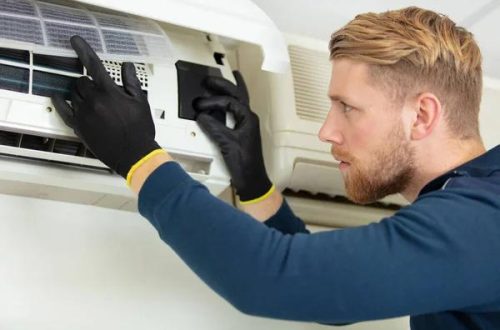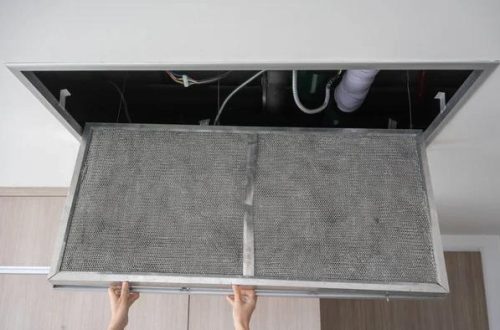Determining whether an old fuse box requires a home service upgrade is an important aspect of maintaining the safety and efficiency of your home’s electrical system. Fuse boxes, which were common in homes built before the mid-20th century, have largely been replaced by modern circuit breaker panels. However, many older homes still rely on these outdated systems, which may no longer meet current electrical demands or safety standards.
One of the first signs that your old fuse box might need an upgrade is frequent blown fuses. If you find yourself regularly replacing fuses due to overloads, this indicates that your electrical system is struggling to handle get the details power requirements of modern appliances and devices. This can be especially concerning if you’re using high-wattage items like air conditioners, microwaves, or space heaters. Frequent overloads not only disrupt daily life but also increase the risk of electrical fires.
Another red flag is visible damage or wear on the fuse box itself. Corrosion, scorch marks, or melted components are clear indications that something isn’t functioning properly within your system. These issues often point to overheating or poor connections inside the box—both of which pose significant safety hazards.
The age and design of your fuse box can also signal a need for an upgrade. Older systems were designed at a time when households used far fewer electronic devices than they do today. As such, they lack features like ground fault circuit interrupters (GFCIs) and arc fault circuit interrupters (AFCIs), which are now standard in modern breaker panels for added protection against shocks and fires.
If you’ve recently renovated your home or added new rooms and circuits, it’s worth evaluating whether your existing fuse box can handle the increased load. Similarly, if you’re planning to install energy-intensive equipment like electric vehicle chargers or solar panels, upgrading to a more robust system will likely be necessary.
Finally, consult with a licensed electrician for a professional assessment if you’re unsure about the condition of your fuse box. They can evaluate its capacity relative to your household’s needs and identify any potential risks lurking behind outdated wiring or components.
In conclusion, while old fuse boxes may still function adequately under limited conditions, they often fall short when it comes to meeting modern safety standards and energy demands. Upgrading to a contemporary breaker panel ensures not only greater convenience but also peace of mind knowing that your home’s electrical infrastructure is safe and reliable for years to come.






